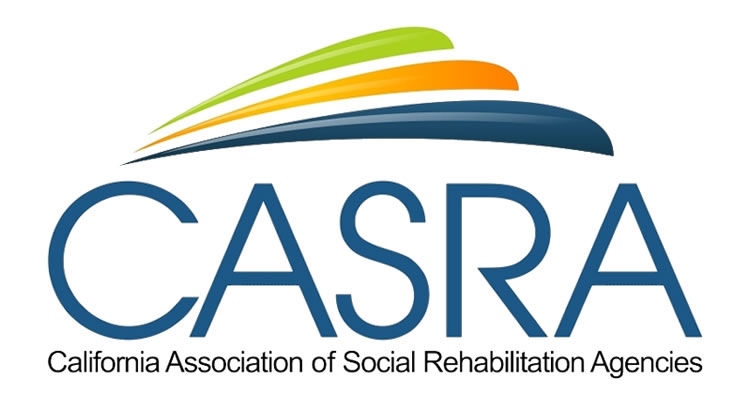About Social Rehabilitation
What is PSR?
The philosophy and practice of psychosocial rehabilitation grows from our fundamental belief in the capacity of individuals to grow beyond the disabling effects of whatever disability or “dis-ease” troubles them. The goal of psychosocial rehabilitation is to create opportunities where the natural human capacity for growth and healing can take place.
The psychosocial rehabilitation model is characterized by:
- Environments that are typical living and working situations like others in the community
- Staff who are guides rather than directors
- Staff recognition that our clients know more about themselves than we do
- Belief that all persons have the potential for growth and change
- Advocacy of interdependence with others rather than dependence on others
- Encouragement of appropriate risk-taking by staff and clients
- The course and pace of services directed by the consumer
- The understanding that true psychosocial rehabilitation involves addressing the barriers of stigma, discrimination and economic injustice
Psychosocial rehabilitation involves the creation of an intentional community in which attention is paid to the interconnections of the clients with their social and physical environments. Social pressure and support from members of the community help clients move in the direction of positive change.
The application of psychosocial rehabilitation techniques ranges from alternatives to hospitalization to work with people who, while psychologically stable, have become dependent on the mental health system as a life style.
Implicit in the psychosocial rehabilitation model is a shift in the notion of care for those considered to have a psychiatric disability. In contrast to institutional treatment or custodial care, for example, in board and care homes, psychosocial rehabilitation may not involve taking care of the client. Rather, our attempt is to help clients care for themselves by developing social, vocational, and other “living” skills. Such skills include finding ways to help oneself and others independent of professional care.
Professional clinicians and custodial-care personnel are mandated, in many cases, to attend to the needs of their clients whether or not the clients acknowledge those needs. We, on the other hand, search for those goals that are consciously held by our clients and direct our attention to supporting those goals which are in the direction of positive change.
Role of the PSR Practitioner
The PSR Practitioner fosters mutually interdependent relationships which promote wellness, harmony, and a culturally-congruent sense of self beyond the disabling effects of the condition known as mental illness. S/he encourages the individual to exercise choice and the right of self-determination in pursuit of a life fully lived.

